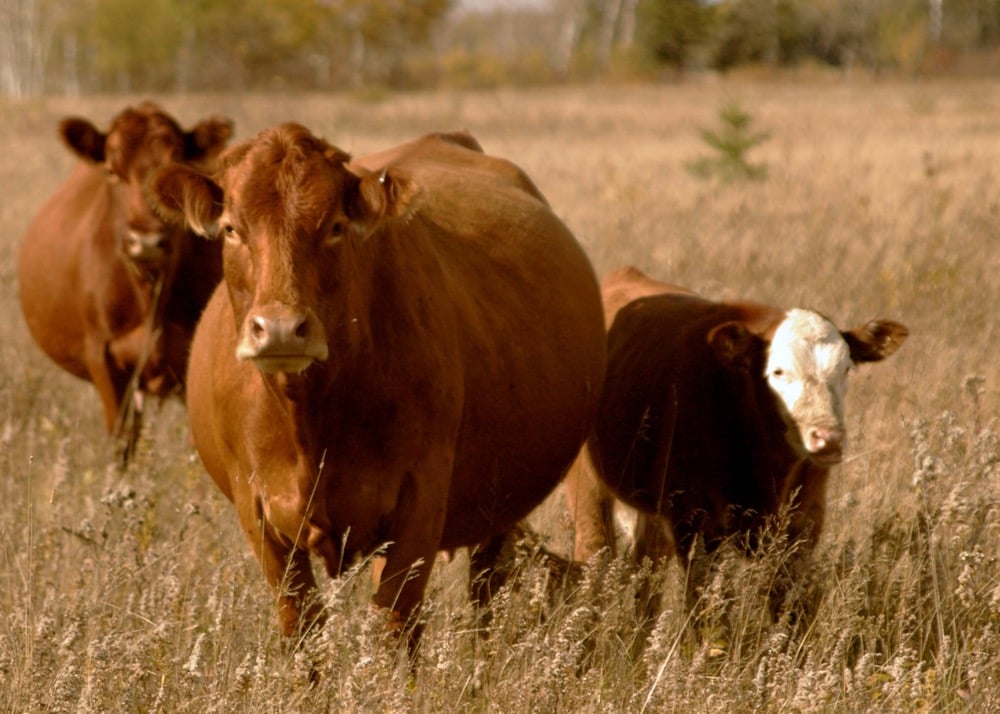By Ndumiso Tshuma
Cattle farmers across the region are being encouraged to adopt comprehensive management practices to ensure the well-being of their cows before, during, and after pregnancy.
Experts recommend a holistic approach focusing on nutrition, health, and monitoring to safeguard the health of both cows and their calves.
Nqobani Manyabi, an animal science specialist at EL Ganado Consultancy, noted that successful reproductive systems begin long before cows become pregnant. According to Manyabi, proper nutrition and health monitoring are critical foundational steps.
Before Pregnancy
“Providing a balanced and nutritious diet is key to optimising reproduction,” said Manyabi. “Consult with a qualified nutritionist or veterinarian to develop a feeding plan tailored to the specific needs of your herd. Also, ensure deworming is done regularly.”
In addition to nutrition, Manyabi stressed the importance of vaccinations. “Ensure cows are up to date on vaccinations, particularly for reproductive diseases like brucellosis,” he advised.
Maintaining an optimal body condition score is another essential practice. Farmers should regularly assess their cows’ body condition and make necessary dietary adjustments to enhance fertility.
“Regular monitoring of reproductive health is crucial, including pregnancy checks and addressing any underlying fertility issues,” said Manyabi.
During Pregnancy
As cows progress into pregnancy, their nutritional needs increase significantly, particularly during the final trimester. Manyabi advised farmers to provide nutritional support by gradually increasing feed.
“Increase feed gradually throughout pregnancy to support both cow and calf growth. A balanced diet is essential to meet the increased nutrient requirements,” he said.
Manyabi also recommended regular health checks to monitor the well-being of the cow and her unborn calf.
“The focus should be on ensuring that the cow is healthy and that there are no complications during pregnancy. Minimise stress by avoiding unnecessary movements, overcrowding, or abrupt environmental changes,” he added.
After Pregnancy
Post-pregnancy care is just as important as the preceding phases. After calving, cows need additional nutritional support to recover and produce milk effectively.
“Prepare a clean and comfortable area for calving, away from other animals, and ensure it is free from hazards,” said Manyabi. He also emphasised the importance of hydration and adequate feed to support the mother and calf.
Ensuring the calf receives sufficient colostrum within the first few hours of birth is vital, as it provides essential immunity and nutrients.
Farmers are encouraged to continue vaccinations and proper nutrition for calves from the start. “This lays a strong foundation for their future health,” said Manyabi.
He further advised farmers to adjust the cow’s diet to meet lactation requirements and carefully consider when to separate the calf from the dam based on their management goals, such as weaning strategy or milk production needs.

